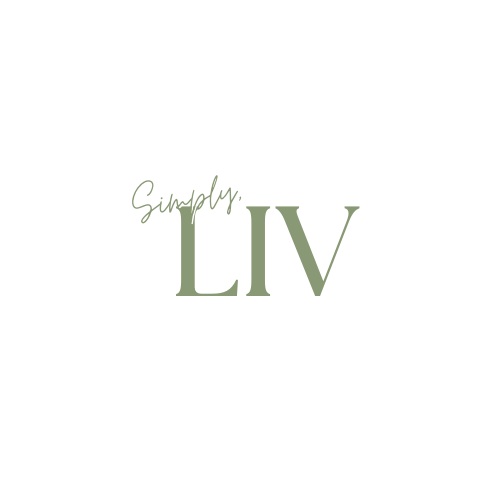Conscious Confessions: When Ethical Means Different Things (Part 1)
It seems like once a year or so, I hit a crossroads.
I get fed up with the false "ease" of ethical shopping, or, sometimes, I forget my voice amid the discount codes and slew of other eco-bloggers promoting similar brands (all with beautiful intentions and insta-feeds), or worse yet, I forget why I ditched fast fashion in the first place, caught up in the thrill of new brands and collaboration.
It doesn't lessen my resolve for the "cause" in the least, however, Questioning, on the other hand, causes me to push my own boundaries and strengthens my resolve to make ethical shopping accessible for "real people". Not just fashion bloggers, or brand owners, or people with an expendable income. I want "ethical" fashion to go from, as my friend Michelle from The Tote Project puts it, from "niche to norm". Not "high brow" or unattainable.
And so, I think it's important to remember how much "grey area" (and quotation marks, apparently) exists in the realm of ethics.
People are drawn to ethical fashion for a variety of reasons. Some, like me, are drawn to the humanitarian aspect of the movement. Movies like True Cost drive home the fact that our actions (and yes, our purchases) have real, often life-threatening consequences for people on the other side of the planet. There has to be a better way.
Others are drawn ethical fashion for it's diminished impact on the environment and our natural resources. The vast majority of "fast fashion" brands produced with materials like polyester, spandex, and even cotton (which, when not grown organically, is grown a depressing amount of pesticides and chemicals). On the other hand, most ethical fashion brands are committed to at least try to reduce their global footprint through the use of fibers that occur naturally (like hemp, tencel, modal, bamboo, organic cotton, linen....).
Others still, appreciate the movement for readily accessible products made cruelty free and vegan.
Or, for the commitment to produce locally, or in certified factories.
The list goes on and on.
And the more I listen to consumers and brand owners alike, the more I'm convinced that this is not a "black and white" industry.
It is, instead, a conglomeration of real people, simply trying to do their best in a severely flawed industry.
And that, I'm convinced, means that we all (as conscious consumers) should respect the grey area. We should encourage, educate, and create community- rather than discourage, and draw lines, and take sides.
It means we should learn which battles to fight and where to give grace. It means that sustainability has layers, and they're not always easily peeled back.
If you're reading this and have a certain area of ethical fashion you're most passionate about, OR, an area you'd love to learn more about, leave a comment below!




